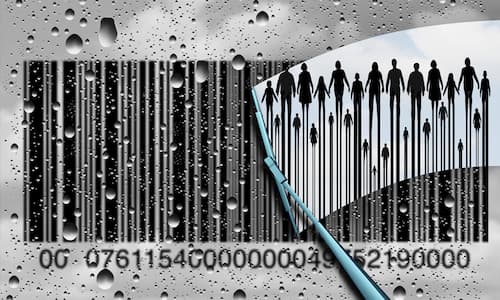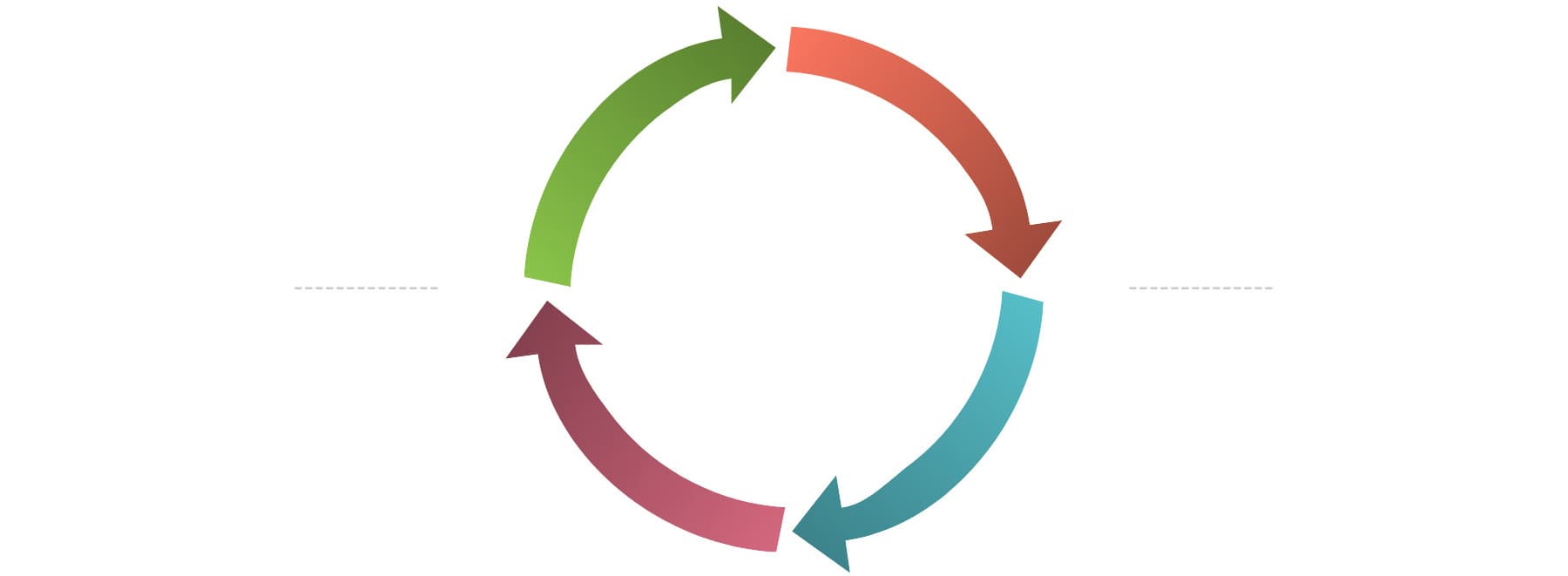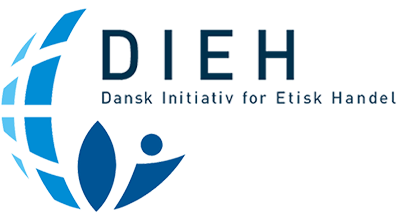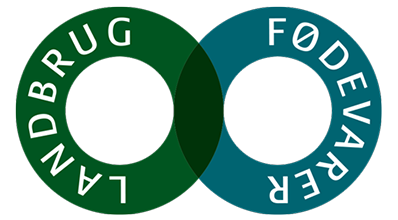What is human rights due diligence?
According to UN and OECD guidelines, businesses are expected to set up procedures and structures so that their activities do not have a negative impact on human rights. This applies throughout the value chain, and thus, as an example, makes companies co-responsible for how a supplier treats its employees.
All businesses worldwide are expected to strive to comply with the international guidelines. Company size is a consideration, so there is no expectation that you as an SME should be able to solve all challenges in your value chains. However, there is a clear expectation that you address any risks of negative impact on human rights that you are directly associated with, such as through your supply chain. Even if your company contributes to society in one or more areas, e.g., through your work with the UN Global Goals, this cannot offset negative impacts on human rights in other activities.
The 6 steps of due diligence
The OECD guidelines for business enterprises follow a six-step model. Review them all and you will be on your way to taking a structured approach to addressing human rights in your value chain.
Due diligence is an ever-ongoing process resulting in improvements year after year. The goal is constant improvement and strengthening of the various steps in the process and the process becoming integral to your way of doing business.


Benefits from implementing due diligence for human rights
A vast majority of businesses want to act responsibly and contribute positively to society, but it can be difficult to know where to focus efforts. The process of performing active and systematic due diligence for human rights can clearly demonstrate all the good you are already doing – and identify areas where there may be room for improvement.
Minimise risks
Poor conditions for employees lead to increased sickness absences, reduced work efficiency and high staff turnover. In addition, you may run the risk of human rights violations in your value chain without your knowledge. These violations are serious in themselves.
Create close supplier cooperation
Performing due diligence will strengthen cooperation with your suppliers. Close working relationships with suppliers can make your business more resilient, foster innovative development, streamline production processes, and ensure more flexible product development – all for the benefit of your company.
Meet the expectations of others
Customers, media, employees, suppliers, public institutions, NGOs, and banks are increasingly interested in how company activities affect society, including human rights.
Track changes in legislation
Several European countries have introduced national legislation addressing one or more human rights in recent years. If you supply or buy from one or more large companies, you should consider how their stricter supplier requirements may affect you.
Increase your competitive edge
If you are already performing human rights due diligence, you can gain competitive advantages in both B2C and B2B markets as well as a strengthened negotiating position.
See the big picture
Documenting how you identify risk and reduce negative impacts on human rights, will increase the awareness of how you take responsibility and contribute to society.
Good advice as you prepare
- Create your own process: Creating a human rights policy is an important tool for setting the direction for your work and ensuring that the company commits to creating effective processes. However, it is not a requirement that you must create this policy right away. If articulating a formal policy feels like an overwhelming task, you may start by formulating a commitment stating that you have embarked on the journey. Once you have gained more insight through step 2, etc., you can return to the task of formulating the formal human rights policy.
- Identify risks for people – not for the company: Put on your human rights glasses and focus on where and how your activities affect people. This applies to your own employees, supplier employees, the population in local communities, customers, etc.
- Take a deep breath: Due diligence can seem overwhelming. Especially if you have many products and different suppliers. Our recommendation is that you take one area at a time, depending on your resources and capacity. This work is a process, and you will continually get better at it. The expectation is that you work with a clear focus and that you can document your choices, but no one expects you to be perfect or in control of all risks from day one.
- Talk to the world around you: Reach out to others and talk about your challenges. Talking to each other makes you wiser.
About this guide
This guide is aimed at small and medium-sized businesses in the food cluster, i.e., companies with between two and 250 employees working in agriculture and horticulture, fisheries, fish farming, agroindustry, food production and ingredients. Human rights due diligence is relevant whether you are in the B2C or B2B market, importing, exporting or have your own production in Denmark.
The purpose of the guide is to assist SMEs perform human rights due diligence, regardless of size and resources of the company. The guide provides inspiration for how to begin and how to strengthen your current processes.
The guide was prepared by the Danish Initiative for Ethical Trade, in collaboration with the Danish Agriculture & Food Council and Arla Foods, and co-sponsored by the Danish Business Authority. The guide may not be changed, reproduced or translated without prior written permission from the Danish Initiative for Ethical Trade. If used in a teaching context, it must be with a clear acknowledgement of the partners behind the development of the guide, crediting them clearly, including use of relevant logos.




